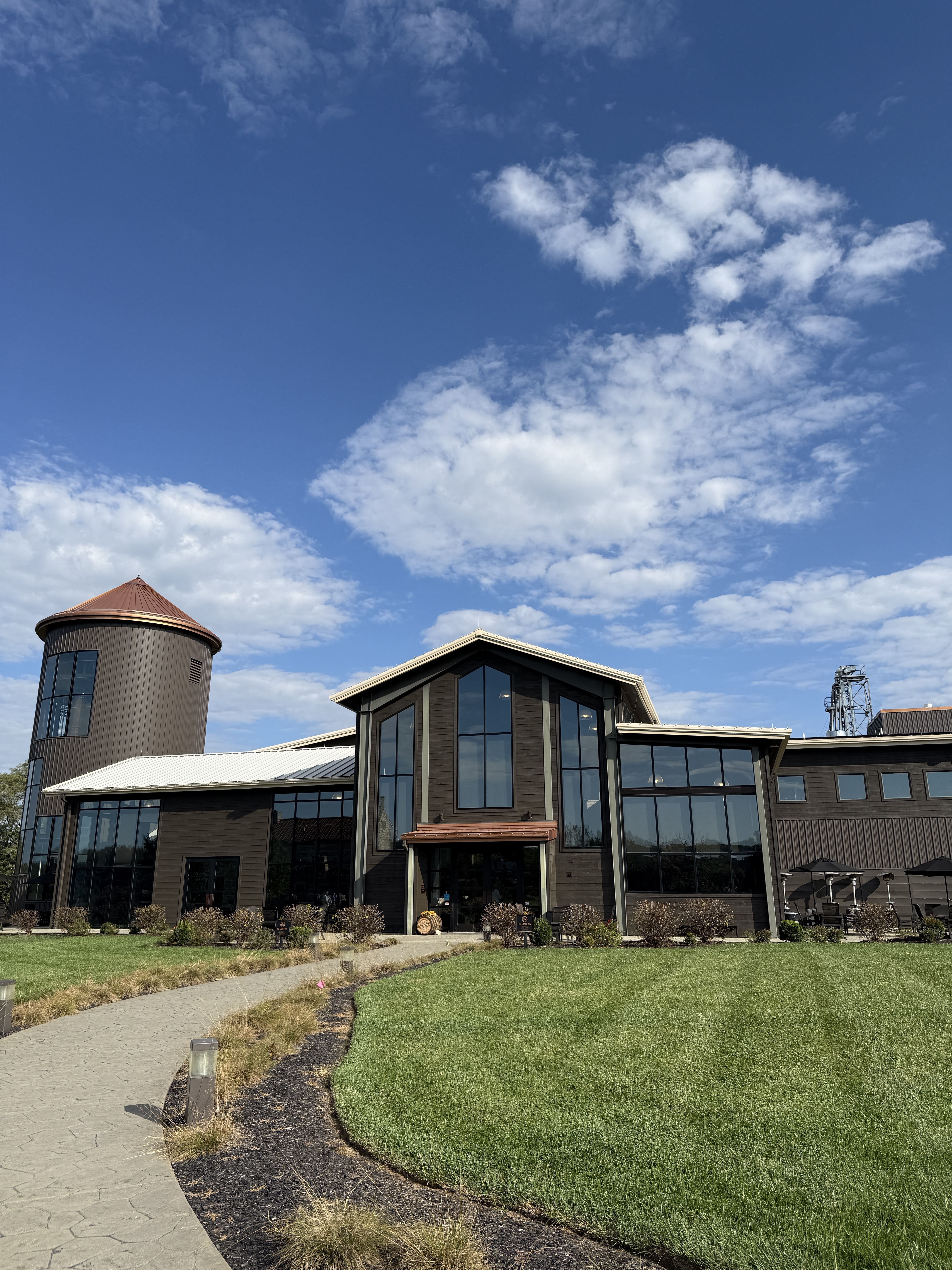HOW TO STRATEGICALLY IMPROVE YOUR DESTINATION’S SEO: PART 1
Nearly everyone knows at this point that Search Engine Optimization (SEO) is a vital part of any business’s comprehensive marketing plan, and tourism destinations are no exception. But how do you score that coveted spot atop Google’s search results? How do you land in the “local pack,” the group of three businesses that sit at the top of a location-based search?
While there is a certain amount of technical skill involved, you can reach those goals relatively easily just by answering questions that your potential visitors, and search engines, are asking.
Your visitors are asking search engines all kinds of questions – where should I go? What should I do in the location I want to visit? If you answer those questions with content on your destination’s website, you’ll be on the path to good SEO. But you should also be paying attention to how you are answering these questions with your website, because Google and other search engines determine where you should rank in searches based on specific factors.
Let’s look at some foundational ways you can improve your destination’s SEO:
- Define what you are – and what you’re not
While it may seem helpful to capture as much traffic as possible with broad language, you want to avoid attracting traffic to your website that isn’t specific to what you do. You aren’t looking for as many visitors to your site as possible; you want quality, not quantity.
For instance, if your primary pool of potential customers are tourists and visitors looking to rent bicycles, you do not want to attract traffic from folks looking to buy bicycles. They’ll bounce (navigate away from your website) very quickly because they didn’t find what they were looking for. Search engines account for a lot of factors when determining your page rank in searches and bounce rate is one of them. Aim for a low bounce rate if you want to increase your rank.
Takeaway: keep your page content precise and specific to the services your destination offers to avoid a high bounce rate.
- Take your time planning and writing your website content
You should put time and effort into planning what pages you will have on your website and what those pages will say. A good place to start your planning is to find out what kind of information your customers are looking for. You probably already know that people typically use similar terms when searching for your business. Think about what amenities your destination has to offer, and act like a potential customer: type a search for those terms into a search engine and see what comes up. The “related searches” at the bottom of a Google search will show you the related terms and phrases people also search for. Use these terms to begin building your focus keywords.
Focus keywords are terms you can use naturally in the copy of your landing pages. Natural is important – don’t overuse or force these terms into the content of your pages. Search engines can tell when you are trying to rank for a specific keyword or phrase by using it as many times as possible. You can also use Google Keyword Planner to get more ideas for keywords and terms you should use.
Takeaway: write high-quality copy that answers your customer’s questions about your attraction or destination.
- Update your listings across the internet for consistency
Your business is likely listed on directory sites such as Yelp, Yellow Pages, etc. Claim your listings and make edits as necessary. Are all of your phone numbers and addresses the same across all of these listings (and your website)? Is your website linked on each listing? Do you have 5-7 high quality photos for your business on each listing?
You’ll also want to create and fill out a Google My Business account if you haven’t already. This is the primary source Google looks to for information about your business (address, phone number, etc.) Bing and other search engines have similar business listing platforms you can take advantage of. Search engines will scan these various listings together to determine your website’s credibility.
Takeaway: update your business listings to be consistent and comprehensive to help your rankings.
There are a lot of steps you can take to improve your destination’s SEO beyond these first three, but these foundational steps will help you get started on the path to climbing the rankings. In part 2 of this series, we’ll dig into the technical, structural aspects of improving SEO.
Learn more about how we can help you adapt to the evolving marketing landscape and ramp up your efforts.
Share This Story, Choose Your Platform!
March 24, 2025

Creating Your Visual Voice
In a recent episode of Field Notes, host Eric Hultgren sat down with Terrance Weinzierl, Executive Creative Director at Monotype, to discuss the often overlooked yet crucial role typography plays in brand identity. While their conversation covered broad typography trends, several insights emerged that are particularly valuable for travel marketers looking to differentiate their destinations in an increasingly crowded digital landscape. [...]
March 11, 2025

The 2025 Sprout Social Index
Social media isn't just another channel for travel marketers—it’s the center of modern culture, a place where travelers discover their next adventure, make purchasing decisions, and even seek customer support. The 2025 Sprout Social Index™ reveals valuable insights about what consumers really want from brands on social media, offering travel marketers a clear roadmap for staying relevant and impactful. Social is the [...]
February 24, 2025

Standing Out in a Crowded Space
In a recent episode of Field Notes, host Eric sat down with Kyle Stichtenoth, Senior Director of Digital Sales and Strategy at Advanced Travel and Tourism, to explore the evolving landscape of travel marketing. With 15 years of industry experience, Stichtenoth offered valuable insights into how destinations can adapt to changing traveler behaviors and emerging technologies. The conversation kicked off with [...]


 Ad Choices
Ad Choices